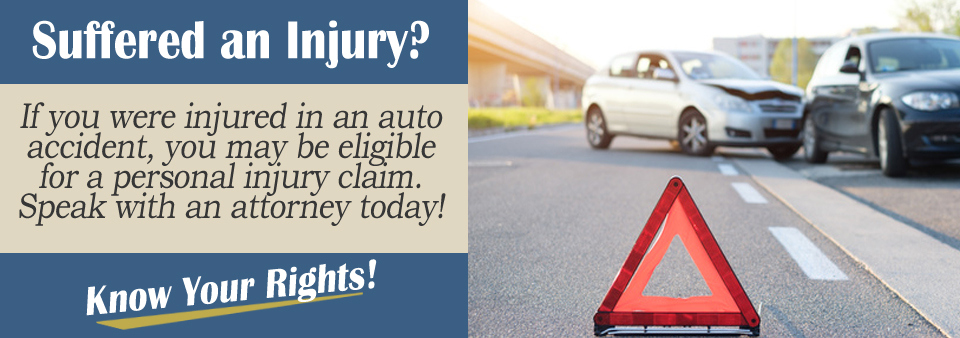Self-driving vehicles have become a reality, and they are on the roads across the country. Advanced technology, such as GPS, radar, computer vision, odometry, laser vision, and other features, enable the vehicle to navigate safely through its environment and sense its surroundings. However, there is always the chance that something can malfunction, and an accident can result.
If you were involved in an accident with a self-driving vehicle, you should consult with a New Jersey personal injury attorney for guidance on pursuing a personal injury claim. Self-driving vehicles have changed the landscape of personal injury cases.
How Negligence Comes into Play
As the key to a successful personal injury claim, negligence plays a major role in accident cases. If you can prove negligence on part of the other party, you can have a successful personal injury claim and recover compensation for your damages.
There are four elements of negligence that must be proven to show that the party did act negligently. Those elements include a duty of care, which means you had a responsibility to act in a specific manner. You must then show that responsibility or duty was breached. This might involve running a stop sign or speeding. You will then have to prove that the breach of duty caused the accident that you suffered. Then, last but not least, show that the accident lead to your damages.
New Jersey uses comparative negligence for accident claims.

New Jersey Accident and Insurance Laws
Using comparative negligence, you cannot be more at fault than the other party and still expect to recover compensation for your damages. You can recover damages if it is a two-vehicle accident and both parties are equally 50% at fault, but if you are 51% at fault for the accident you cannot recover compensation from the other driver for their portion of the damages.
You will need documentation to support your claim, so make sure an accident report has been completed. Keep medical records, medical bills, and repair estimates for property damages.
In New Jersey, drivers are required to maintain insurance coverage on their vehicles. Minimal body and death coverage for one person must be at least $15,000 and at a minimum $30,000 for a single accident. A policy must have at least $5,000 property damage coverage.
If a driver is caught without the proper insurance coverage, he or she can face surcharges, fines, suspended driver’s license, and unpaid community service requirements. It can also cost much more to insure a vehicle after a driver has been caught on the road without insurance.
Consult With a New Jersey Personal Injury Attorney
If you have been involved in an accident with a self-driving vehicle, you should consult with a New Jersey personal injury attorney. In New Jersey, there is a two-year statute of limitations to pursue a claim after an accident. If you wait too long, you cannot be compensated. Most accident injury lawyers work on a contingency basis, so you have nothing to lose. Complete the Free Case Evaluation Form today!